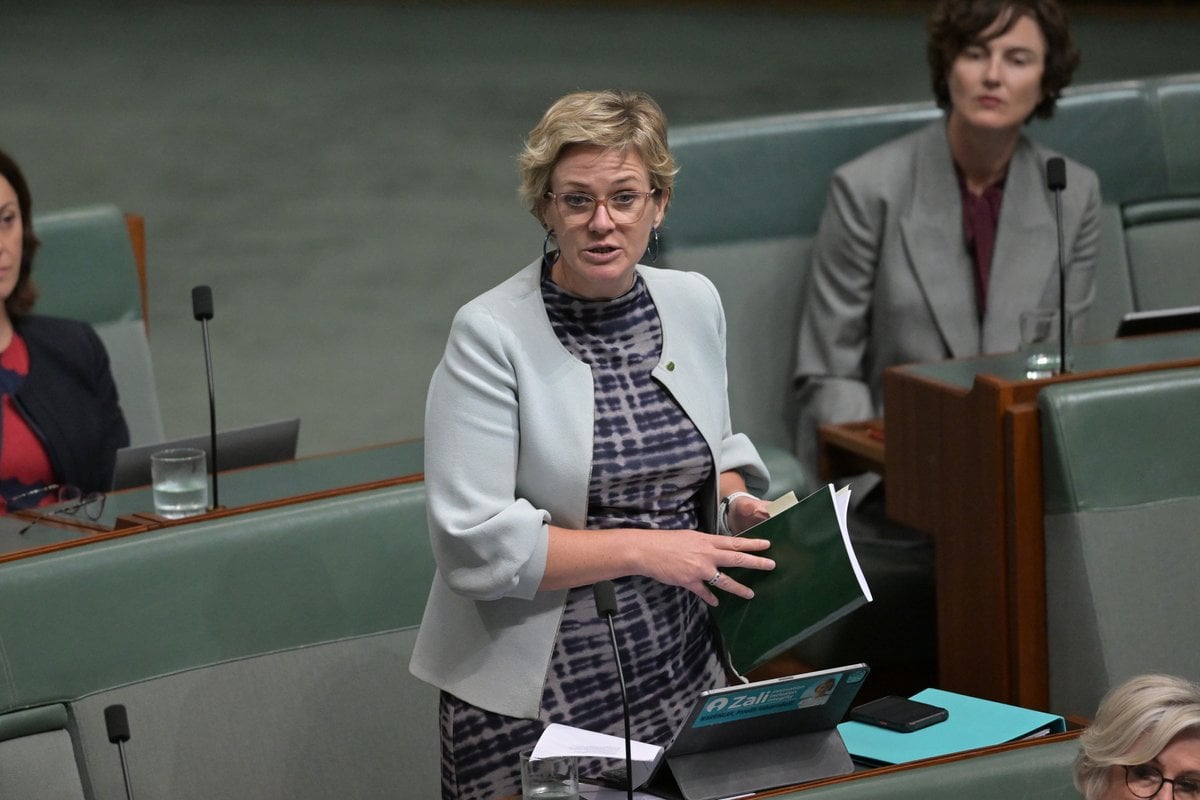
This post discusses domestic violence.
Despite a range of domestic and family violence funding initiatives announced in the 2024 federal budget, advocates and support organisations have been left disappointed with the lack of urgency, and a failure to meaningfully invest in frontline services.
While a range of measures were announced, aimed at early intervention to prevent domestic, family and sexual violence, advocates say the government failed to include measures to immediately protect women and children.
During Question Time, Independent Member for Warringah, Zali Steggall, responded to the national budget by highlighting the glaring double standards in the government's willingness to push through measures to immediately protect victims of crime.
"When two young men died, the New South Wales government introduced mandatory sentences for one-punch attacks," she said.
"When it was terrorism, laws were changed to jail people on the apprehended risk of crimes.
"But when the Australian men kill Australian women, the government's national plan is to take ten years."
She posted the question: "Will you be tough on this domestic terrorism by leading an overhaul of national sentencing laws?"
Immediate action.
In 2012, 22-year-old David Cassai was celebrating New Year’s Eve in the coastal Victorian town of Rye when he was struck by another partygoer — just once. He fell, his head smashing onto a concrete pavement. Cassai suffered catastrophic brain injuries and died later that day. Earlier that year, 18-year-old Thomas Kelly was walking through Sydney’s Kings Cross with his girlfriend when, out of nowhere, he was struck in an unprovoked one-punch attack. Kelly’s life support was switched off two days later.

Top Comments